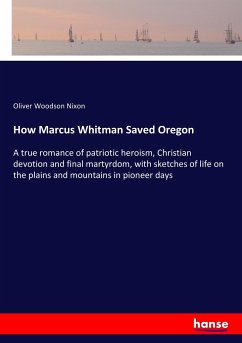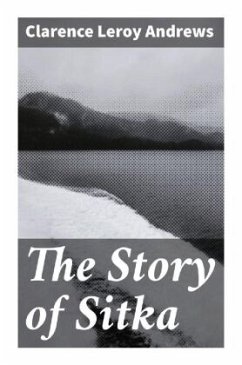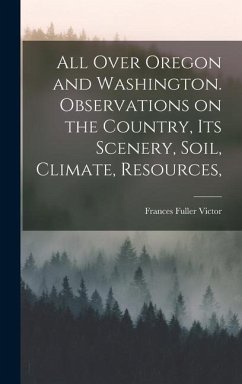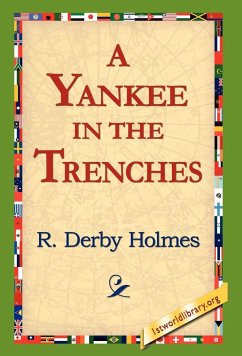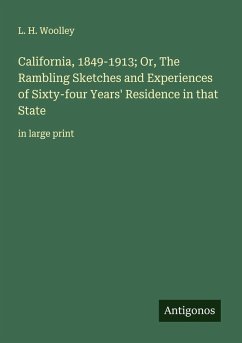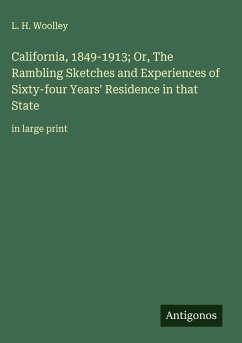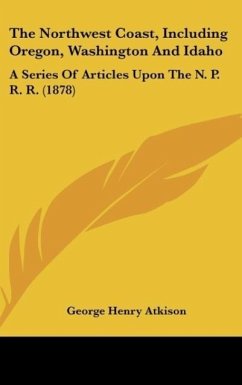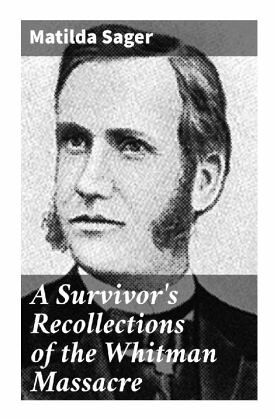
A Survivor's Recollections of the Whitman Massacre
Versandkostenfrei!
Versandfertig in 6-10 Tagen
6,99 €
inkl. MwSt.
Weitere Ausgaben:

PAYBACK Punkte
3 °P sammeln!
In "A Survivor's Recollections of the Whitman Massacre," Matilda Sager presents a poignant, firsthand account of one of the most devastating events in American frontier history. Written with a raw, unflinching honesty, Sager's narrative intertwines personal memory with broader historical context, illuminating the complex dynamics of cultural conflict during the mid-19th century. Her literary style is characterized by a visceral immediacy, as she recounts the events of the massacre and its aftermath, humanizing the experience of survival amidst tragedy and loss while reflecting on the themes of...
In "A Survivor's Recollections of the Whitman Massacre," Matilda Sager presents a poignant, firsthand account of one of the most devastating events in American frontier history. Written with a raw, unflinching honesty, Sager's narrative intertwines personal memory with broader historical context, illuminating the complex dynamics of cultural conflict during the mid-19th century. Her literary style is characterized by a visceral immediacy, as she recounts the events of the massacre and its aftermath, humanizing the experience of survival amidst tragedy and loss while reflecting on the themes of resilience and cultural clash. Matilda Sager, as a member of the Whitman mission's community, experienced the calamity of the massacre directly, and her perspective is invaluable. Drawing upon her personal history and the tumultuous socio-religious landscape of her time, Sager crafts her narrative as both survivor and witness, dedicated to preserving the memories of those lost and fosteringunderstanding between divergent cultures. Her unique voice enriches the historical discourse surrounding the Oregon Trail and mission life, allowing contemporary readers to grasp the emotional weight of such historical events. I highly recommend "A Survivor's Recollections of the Whitman Massacre" to anyone interested in Native American history, women's narratives, or the nuanced interplay of culture and conflict in early America. Sager's work is not merely a recounting of historical events; it is an essential contribution to understanding the human stories behind pivotal moments in history, providing readers with both insight and empathy.




